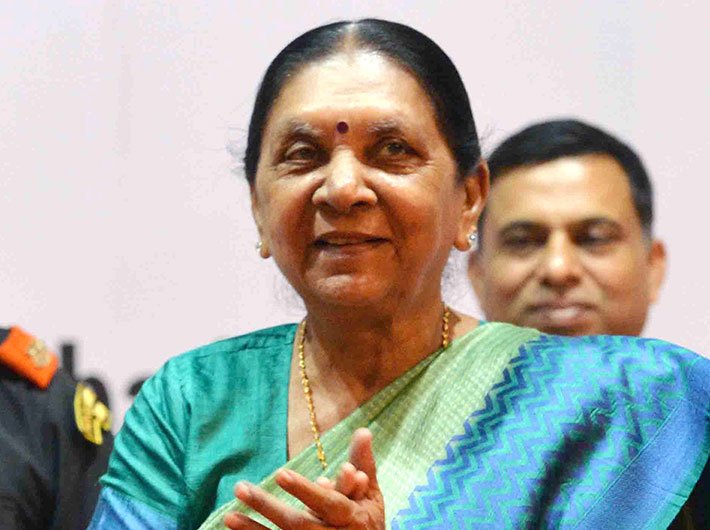Attack by ‘cow protector’ vigilantes of upper caste brings out yet another social schism
At least a dozen youngsters from scheduled caste (SC) communities have attempted suicide this week in various small towns in Saurashtra region of Gujarat, protesting against the state government’s alleged inaction after a group of SC men were attacked for skinning dead cows earlier this month. For the Anandiben Patel government, this opens up yet another social division when the Patel community is on warpath demanding job quotas.
On July 11, three men were attacked by self-styled cow protectors – ‘cow protection’ being a shorthand of the informal show of strength spearheaded by many BJP leaders after the party came to power – in Moti Samadhiyala village near Una town of Rajkot district. The victims were paraded naked and beaten by iron rods and wooden sticks.
On July 18, four dalits in Gondal town and two more in nearby Jamkandorana attempted suicide by drinking a poisonous substance, according to reports in the local media. The next day four youngsters in Saurashtra also did the same. During a protest in Ahmedabad a youngster from Kalol in north Gujarat also consumed a poisonous liquid. All of them are lodged in various government hospitals, and their condition is improving.
Each of them adopted the same mode of protest: they shouted ‘Jai Bhim’ in dalit solidarity and consumed acid or insecticide liquid during demonstrations.
Dalits in Saurashtra and elsewhere are angry as video clippings of the attack have gone viral, though the government claims it has taken timely action: initially nine and by now 16 people have been apprehended and four policemen have been suspended.
In a statement issued through a private PR agency on Tuesday, the CM announced further measures as unrest grew: “looking to the gravity”, it has been decided that the matter will now be investigated by CID Crime, and a special court will be set up for trial. Each victim gets Rs 4 lakh in ex gratia relief.
“The gravity” of the situation however refers more to the protests than the crime itself.
As the OBC Ekta Manch organised a well attended protest demonstration near the Gandhi Ashram Sabarmati of Ahmedabad on Tuesday, there were reports of stray violence in some places. A crowd threw stones at a public bus in the city.
While Mayawati of the Bahujan Samaj Party raised the matter in the Rajya Sabha on Tuesday, dalits here are unhappy with the fact that their MPs, from BJP, have been silent.
The spate of suicide attempts finally prompted the government to push the police action, even as the chief minister decided to pay the Una victims a visit on Wednesday. She is not much ahead of Rahul Gandhi of the Congress and Delhi chief minister Arvind Kejriwal of the Aam Aadmi Party – who are expected in the town soon.
Gujarat goes to polls by December 2017, and there have been sporadic reports that the party’s central leadership may replace Anandiben much before that, given her perceived unpopularity. The ‘quota agitation’ launched last year by the Patel or Patidar community – a staunch support group that helped BJP win and retain power in the state over the last three decades or so – has been a major bugbear for the CM. Now the spreading dalit unrest is likely to undo the social engineering effected by her predecessor, prime minister Narendra Modi. The SC and ST communities had switched their political loyalties from the Congress to Modi’s BJP, especially during and after the 2002 riots.
The dalit protests this week lays bare the caste reality of the state that was not under focus so far, thanks to rapid economic growth and development claimed by Modi who ruled the state for 12 years. In Samadhiyala village, for example, dalits are barred from entering temples and have a separate cremation facility, according to a fact-finding report by a bunch of NGOs.
